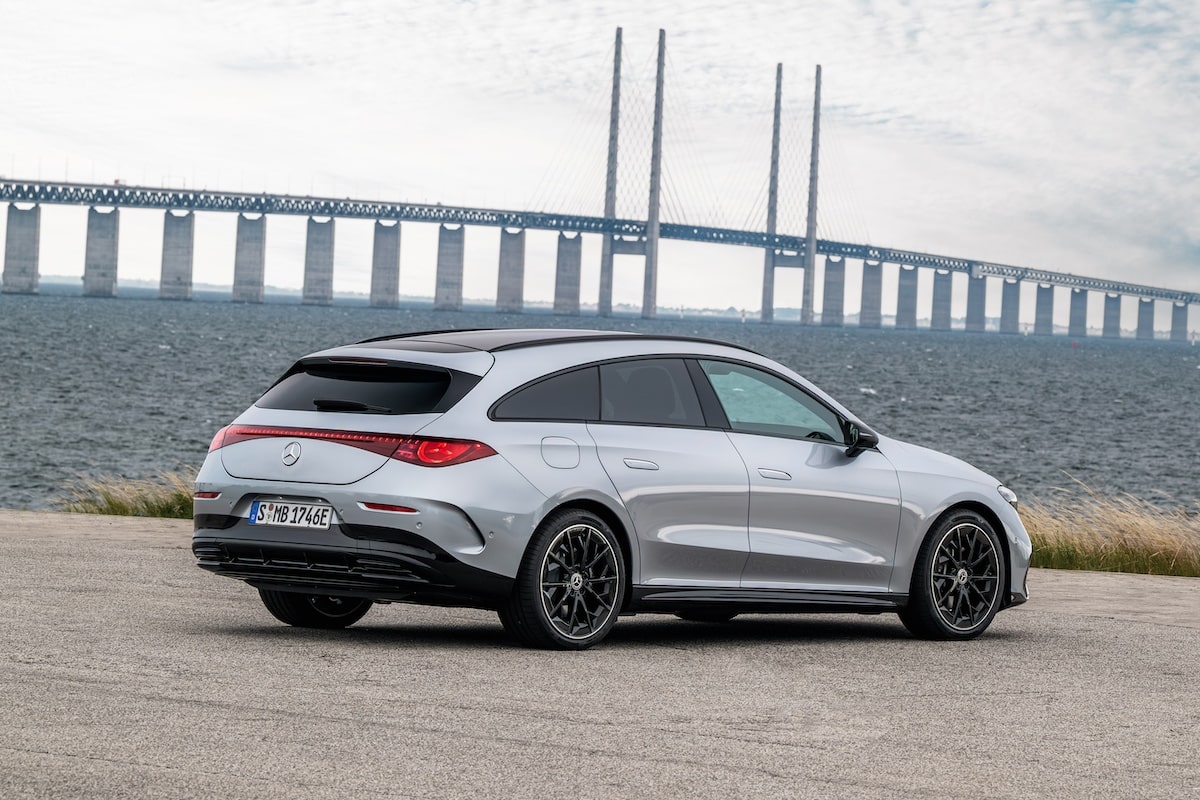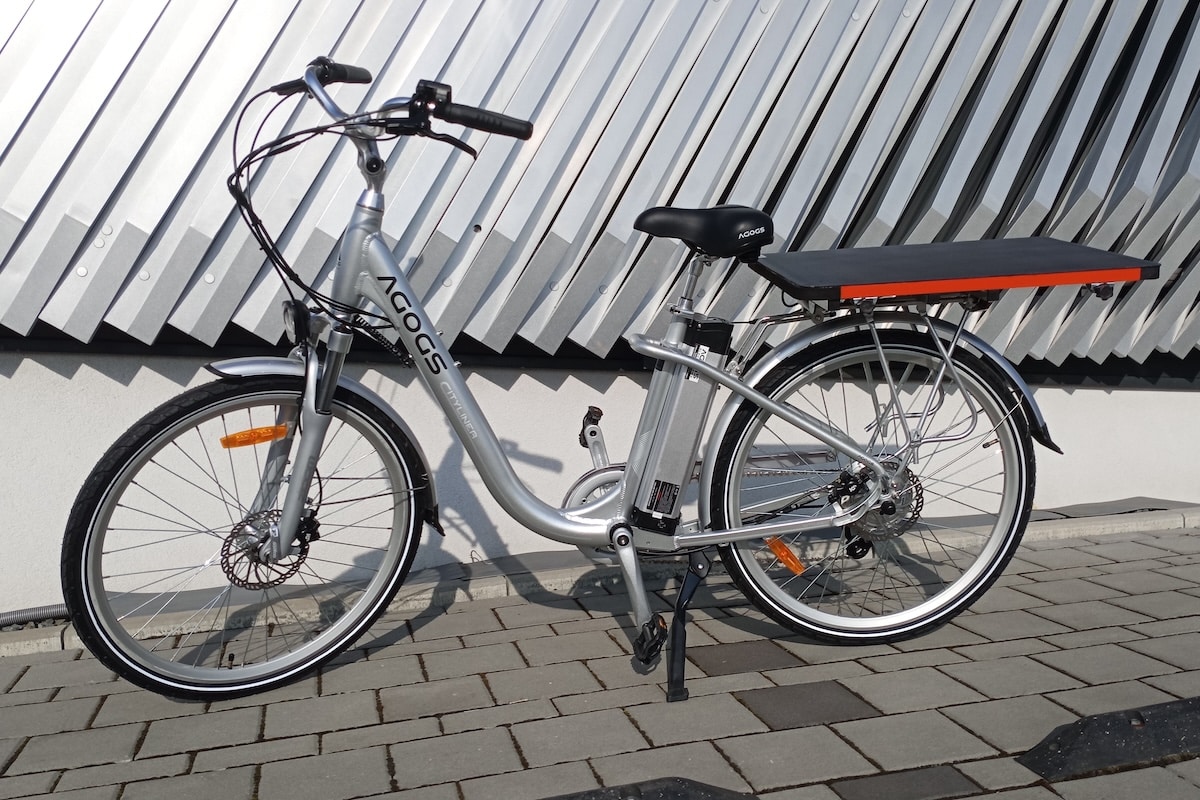Has Social Leasing Benefited Those Who Need It Most?

What is the assessment of the Social Leasing scheme implemented at the beginning of the year and stopped after just a few weeks?
The Social Leasing set up at the beginning of the year by the government has proven to be a resounding success. This scheme, aimed at the most modest households, allows access to electric mobility at a price lower than that of the market. The state covers part of the costs, which logically results in a significant burden on public finances, as you can understand, but we will revisit this point. It specifically involves a rental with an option to buy (LOA) for under 100 euros per month for small urban vehicles and 150 euros per month for family cars. The state finances an initial contribution of 13,000 euros. To make an initial selection, priority was given to individuals who could justify a professional activity requiring regular use of a car for at least 8,000 kilometers per year or a daily commute of at least 15 km to their workplace without a direct alternative in public transport. Additionally, the reference taxable income per share should not exceed 15,400 euros to qualify for this scheme.
Ultimately, 50,000 households ordered a low-cost electric car, far exceeding the government’s forecasts. Recall that only 25,000 vehicles were expected to be available in the first year. “We had indeed reserved 25,000 vehicles and I can tell you that I contacted the manufacturers again,” said Minister of Energy Transition Agnès Pannier-Runacher at the beginning of January. A decision was ultimately made to stop registrations after just a month because the message had not fallen on deaf ears at the manufacturers’ level, who were ready to flood the market!
A little tour and then it goes?
While the figures have not been disclosed, it is estimated that between the state support and various costs, the operation has cost the government a good billion euros. However, early information released by the DGEC (General Directorate for Energy and Climate) shows that the scheme successfully targeted young professionals in need of transportation.
The scheme was set to be renewed next year, but several shadows loom over it. First, it was established by a government that is now resigned. Therefore, the promise does not bind the new ministers, should they be appointed one day. As automobiles, even electric ones, are not highly regarded on the left side of the National Assembly, there may be a strong temptation to forego such an expense to rebalance public accounts. Finally, this is a French scheme, funded by French taxes, benefiting French households, yet open to all manufacturers, even foreign ones… and even non-European ones like Hyundai. This is not about national preference but merely about social logic. An absurdity that risks weighing it down when it comes time to press the GO button.
ALSO READ: Leasing: should you rent your Tesla Model Y somewhere other than Tesla?
This page is translated from the original post "Le Leasing Social a-t-il profité à ceux qui en ont le plus besoin ?" in French.
We also suggestthese articles:
Also read





